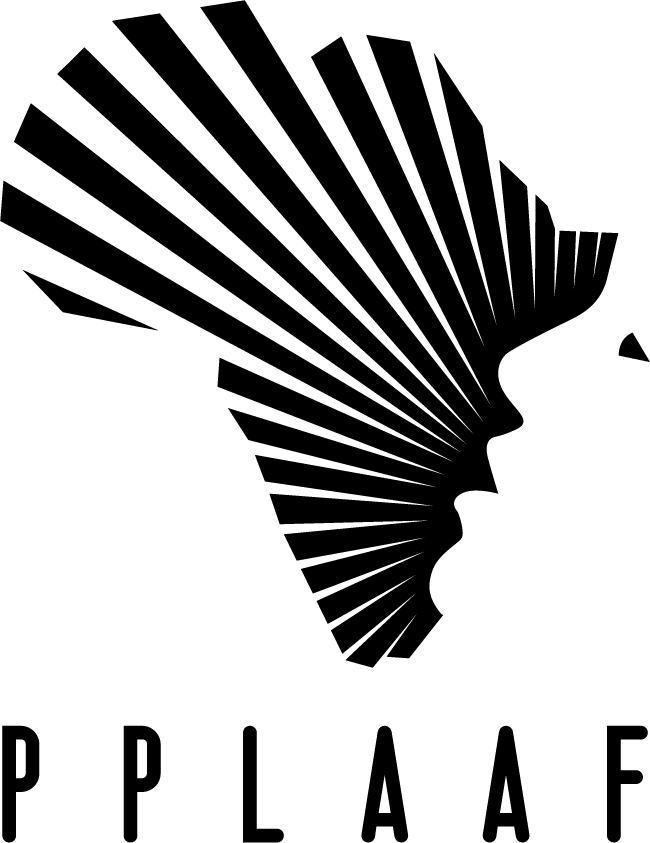Ravo Ramasomanana, a former civil servant of the Malagasy Ministry of Public Health Procurement Service, came forward as a whistleblower shedding light on irregularities associated with the awarding of a public contract for the construction of a renal transplant centre at Andohatapenara University Hospital. The construction of this centre started in 2019. In a video published on his social media networks, Ramasomanana exposed the alleged mismanagement of public funds by Malagasy authorities. He specifically pointed out the allocation of 730 million ariary (approximately 200 000 USD at the time) for painting the exteriors of public hospitals, while essential elements such as equipment, medications, nursing staff, and personal protective equipment in hospitals remained insufficient.
Furthermore, Ramasomanana disclosed the alleged misuse of bank cheques for forgery and counterfeiting within the procurement process. During his tenure at the Procurement Management Unit, he personally handled the file and refused to validate the contract due to its apparent pervasive forgery. Additionally, he raised concerns about suspicious financial transactions involving the Ministry of Health’s 44 billion ariary fund (approximately 11.7 million USD at the time).
In connection to these revelations, Ramasomanana filed a complaint with Madagascar’s anti-corruption court, the Pôle Anti-Corruption, against the Ministry of Public Health regarding “forgery and use of forgeries, abuse of office, active and passive corruption, breach of trust, misappropriation of public funds and complicity”. He had enclosed documents and evidence of the irregularities and acts of corruption he denounced. To date, there have been no updates on the complaint.
Subsequently, Ramasomanana was sued by his employer for defamation and for spreading false information. He was acquitted of the “public disorder and incitement to hatred of the government” charge. However, he was sentenced by the Antanaravino Criminal Court on 29 November 2021 to a 1 million ariary fine (approximately 260 USD) for “insult and defamation”.
Corruption in the Land Sector
According to a report by MALINA, a network of investigative journalists created by Transparency International Madagascar, a call for tenders was launched on 30 October 2019 for the construction of the renal transplant centre at Andohatapenara University Hospital. A deadline for the submission of tenders was set for 11 November 2019, but no submissions were received. However, according to Ramasomanana, after the deadline closed he noticed the appearance of minutes on the opening of the Commission’s call for tenders. He claims that these minutes did not seem authentic but that the General Agency SARL was cited as the only candidate to have submitted their application on time.
The contract was subsequently awarded to SARL for 739 million ariary (nearly 162 000 USD) despite it being a cleaning company that does not specialise in construction. Article 20 of Law No. 2016-055 relating to the Public Procurement Code clearly states that: “Any candidate for a public contract must demonstrate that he has the legal, technical and financial capacity and the experience necessary to execute the services subject to the contract.”
After Ramasomanana was sentenced in November 2021, his lawyer, Maître Rafidison reacted, “My client denounced, among other things, the illegal award of a contract for the construction of a kidney transplant centre by a company that had not even competed in the call for tenders. It is this denunciation that has earned him this sentence of 1 million ariary.”
The problem of corruption in the land sector in Madagascar is not new. It was previously highlighted in a 2017 report by Transparency International Madagascar. In the same year, the president of the National Contracts Commission, Rindra Rabarinirinarison, also claimed that nearly 53% of procedures for awarded contracts were non-compliant.
Misappropriation of Public Health Funds
Ramasomanana further pointed out the alleged allocation of 730 million ariary (approximately 200 000 US dollars at the time) for painting the exteriors of seven public hospitals in Tulear, Fianarantsoa, Fenoarivo, Andohatapenaka, Anosy, Morafeno, and Tanambao. The exteriors of these public hospitals were painted in orange, the colour of the President’s party. This occurred at the height of the Covid-19 pandemic when, according to Ramasomanana, public health essentials such as equipment, medications, nursing staff, and personal protective equipment in hospitals were insufficient.
Having fallen ill with Covid-19 himself, Ramasomanana described the lack of medicines like Lovenox at Andohatapenaka Hospital, as well as the lack of oxygen needed for treatment. Furthermore, while the sum of 44 trillion ariary (USD 11.7 million) was earmarked for the renovation of 13 hospitals, Ramasomanana alleges that these funds would have been used for other purposes and by other bodies and that some centres were delivered without electricity or running water. Finally, Ramasomanana spoke of the alleged understaffing of doctors, with trainees being given preference in the recruitment process while doctors queued at the Ministry to submit their applications. He denounced the alleged nepotism that he believes reigns in Malagasy’s public health sector.
Ramasomanana resigned in November 2020 after refusing to sign documents he believed to be tainted by irregularities and corruption. He was also sentenced to a 1 million ariary fine (approximately 260 USD) for “insult and defamation”. To this day, Malagasy law does not provide any protections for whistleblowers, with many of them being prosecuted by Malagasy authorities, like Jeannot Randriamanana, Raleva, and Clovis Razafimalala. Yet, whistleblowers play an essential role in denouncing illegal acts that might compromise development in certain countries, such as corruption and misappropriation. The Platform to Protect Whistleblowers in Africa (PPLAAF), as well as many other organisations, urged the Malagasy government to take appropriate measures to protect whistleblowers.
“The time has come for Madagascar to recognize the importance of being transparent with its population and the interest of the general public. Corruption and embezzlement of resources for personal gain must stop.” – Henri Thulliez, Director of PPLAAF.
PPLAAF is a non-governmental organisation established in 2017 to protect whistleblowers, as well as to advocate and engage in strategic litigation on their behalf when their revelations deal with the general interests of African citizens.
For additional information
Platform to Protect Whistleblowers in Africa:
“Madagascar: PPLAAF applauds the courage of former civil servant”, June 14th 2021.
Amnesty International:
“Madagascar: Whistleblower faces 5-year imprisonment: Ravo Ramasomanana”, November 11th 2021.
“Madagascar: Authorities must drop trumped-up charges against whistleblower Ravo Ramasomanana” (Public statement), November 25th 2021.




